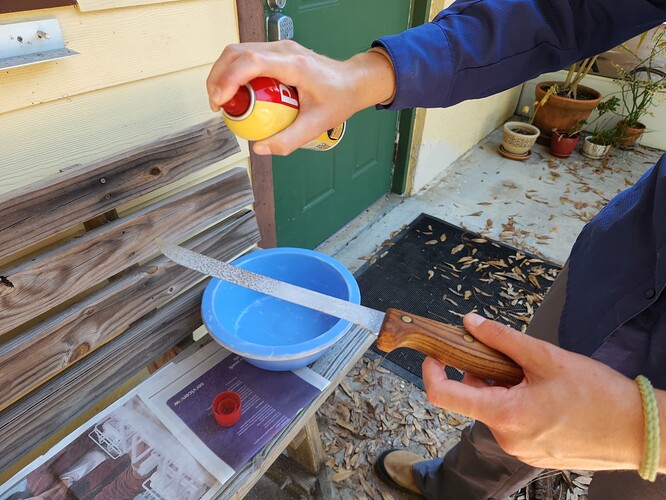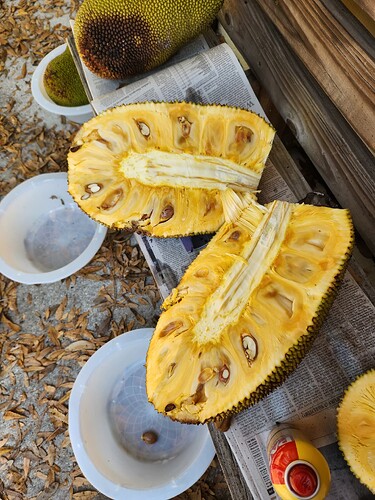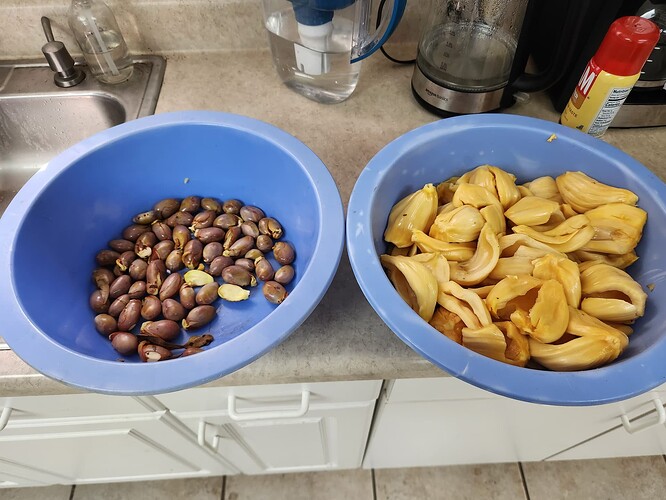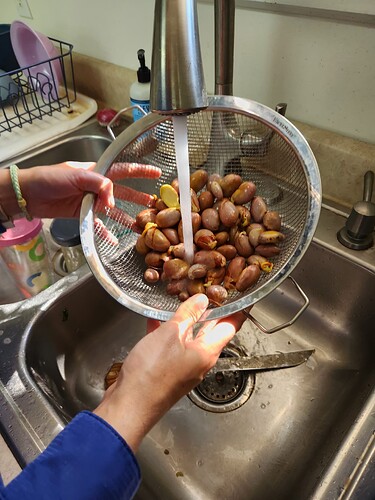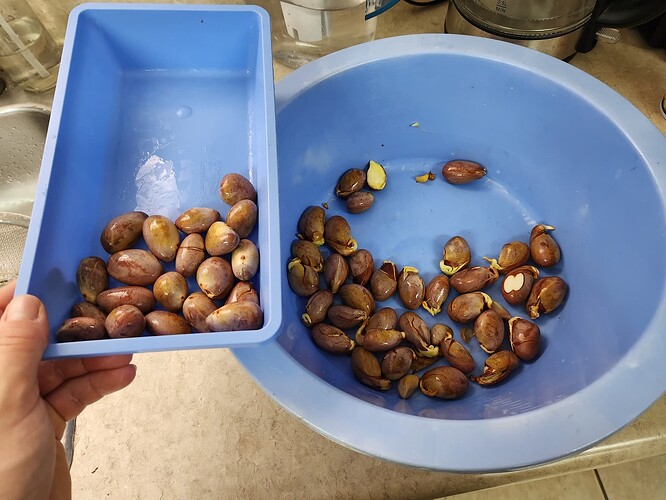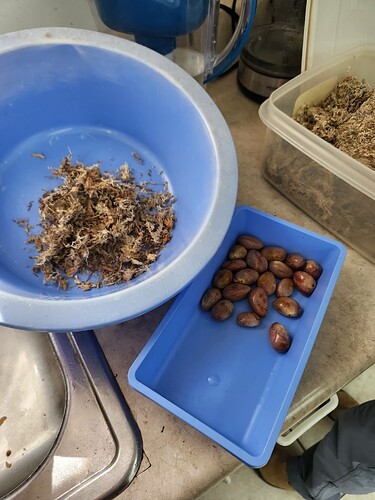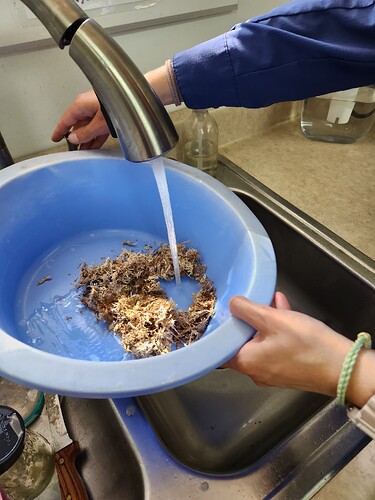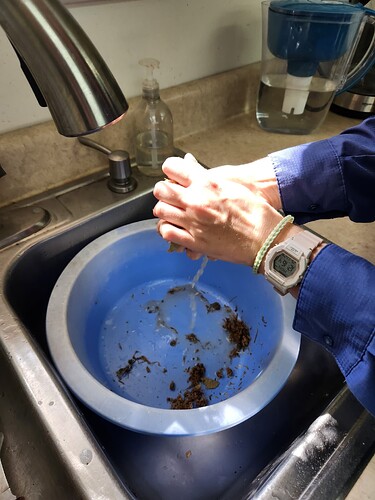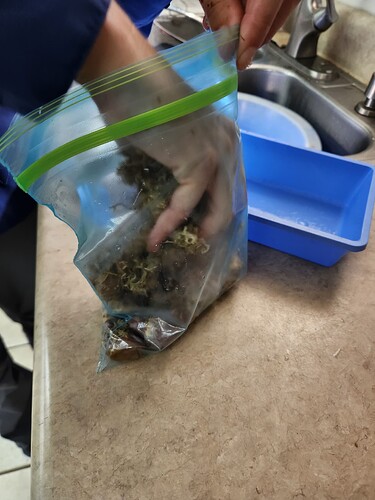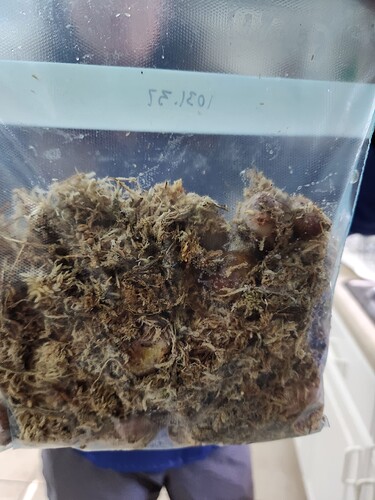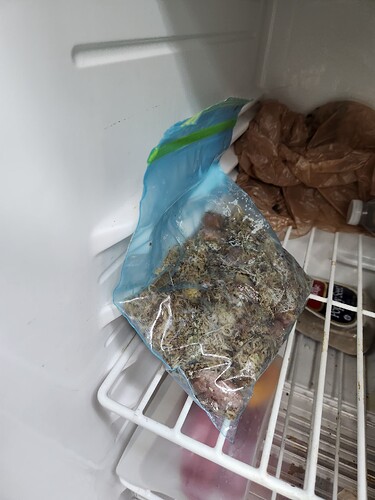Here at the ECHO Global Seed Bank, we offer some recalcitrant (meaning short-lived) seeds as available seasonally. Some of these seeds, such as annonas, neem, and black sapote, can survive up to several months in ambient conditions. Others, like mango and carambola, must be planted very soon after harvesting to have a chance at germination, and thus are not suitable for distribution through the mail.
However, there are a few very short-lived seeds whose storage life can be extended with easy methods. We are able to offer jackfruit and loquat seeds each year by cleaning the seeds and storing them at low temperatures and high humidity, which I’ll detail below with jackfruit.
First, remove the seeds from the ripe fruit. It helps to oil your knife to keep the sap from sticking for easier cleanup. We save the edible avrils for eating and give the rag and rind to pigs, worms, or black soldierflies.
Next, rinse the seeds to remove the sugary fruit juices, and separate the sprouted seeds from unsprouted ones. We’ll store the unsprouted seeds; the sprouted seeds can be planted right away but not stored.
Then you’ll need some kind of clean, absorbent media. We use sphagnum moss, but you could probably use coconut coir, cut up sponges, or something similar.
Wet your media and squeeze it until no more drops come out.
Finally, mix the media with the seeds and store in a container in a refrigerator (or at least in a cool spot). It doesn’t need to be airtight, but it should trap moisture.
The seeds should maintain decent viability for a couple of weeks. We store jackfruit and loquat seeds for 2 weeks before discarding and replenishing.
What other methods, or other recalcitrant seeds, have you experimented with? We’ve heard from network members that some avocado varieties can tolerate periods of cold storage like this but have not tested this yet.
